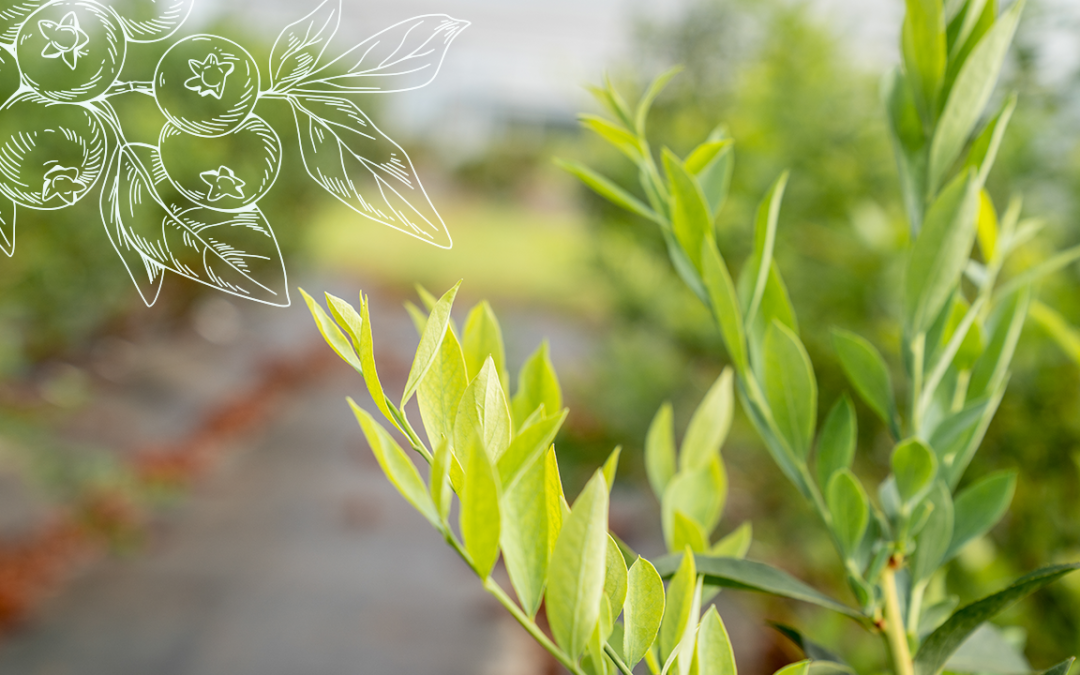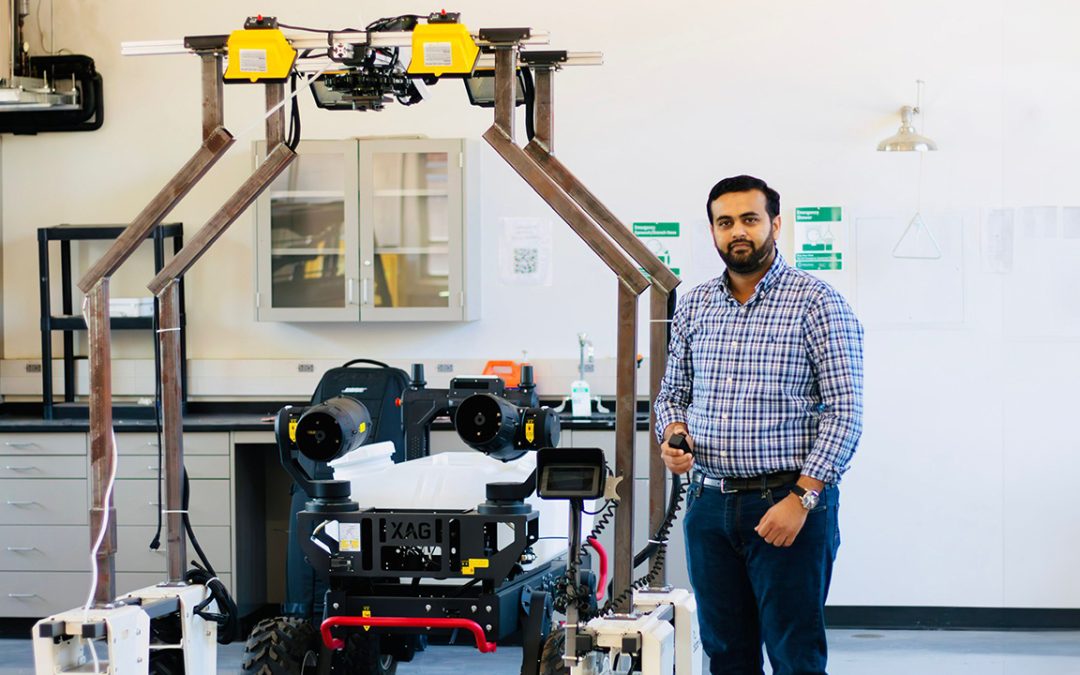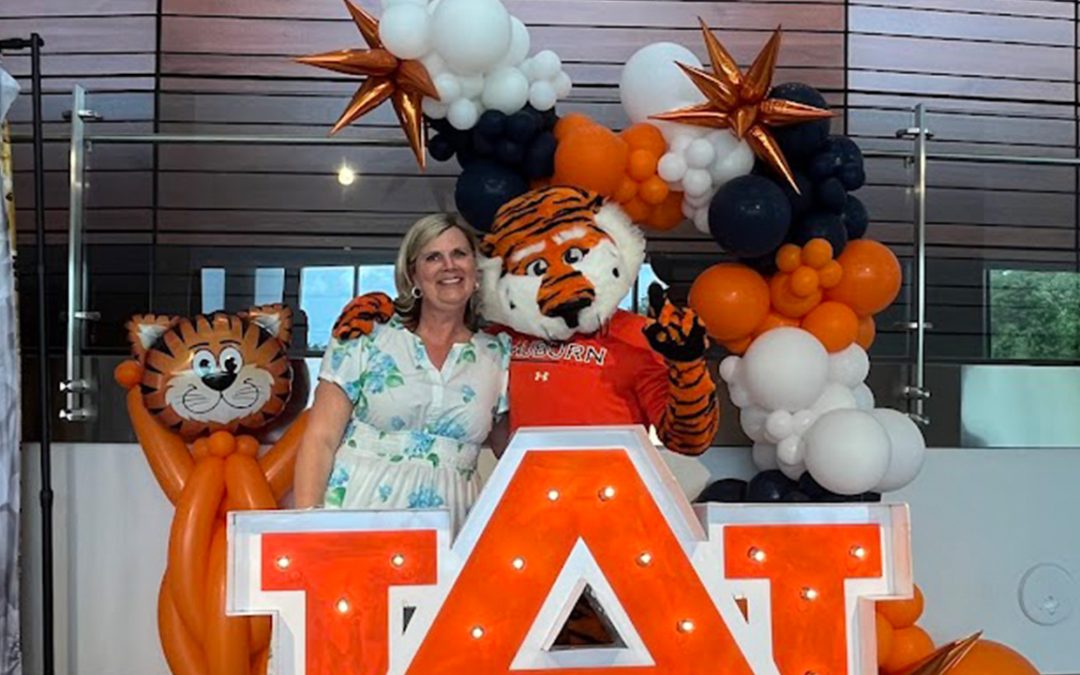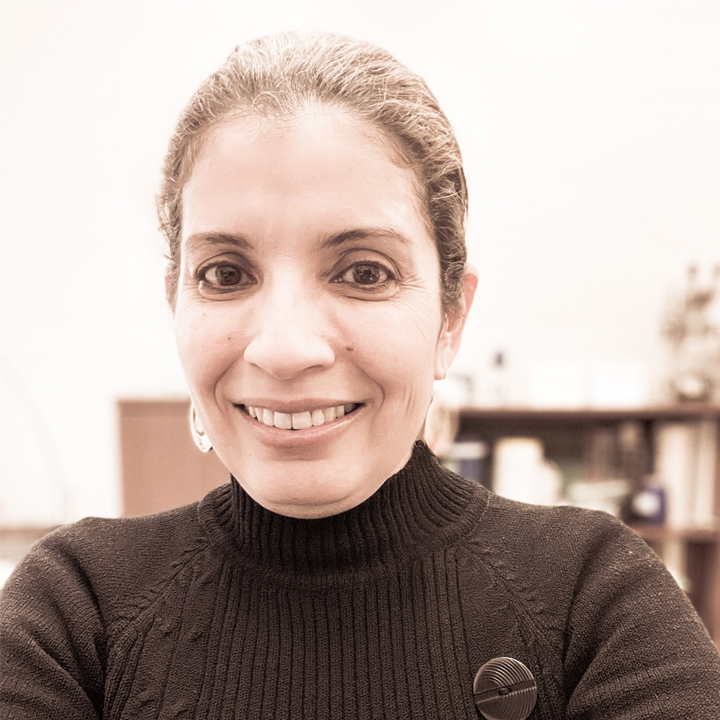Salazar Lab
Welcome to Dr. Melba Salazar’s laboratory. Mission: To develop Decision Support Tools that address farmers’ and industry needs.
Research Focus
Dr. Salazar’s research program focuses on studying the whole plant physiology of fruit crops understanding the impact of agroclimatic factors, and the interaction with the plant, and soil. A key element of her program is the combination of physiological knowledge with modeling approaches for the development of decision support tools. Her research address the modeling of the crop physiological responses to environmental stress, climate variability, and climate change, as well as the evaluation of alternative management systems with agricultural infrastructure (protected cultivation,close-loop agriculture) for resilience against climate change designed to optimize and maximize plant productivity, fruit quality, and on-farm-efficiency for food supply while taking care of the environment in a sustainable manner.
Research Topics
Currently, the Laboratory study a broad range of topics (listed below) on fruit crops including but not limited to blueberries, strawberries, and peaches in conventional and alternative production systems (alternative containers, alternative hightunnels, alternative hydroponics conventional blueberries, conventional strawberries).
- Hydroponic Systems
- Photosynthetic characterization
- Dormancy and phenology
- Dry matter and distribution
- Plant disorders caused by environmental stress
- Physiological responses to climate variability
- Agricultural resilience
- Crop modeling
Trials and experimental plots are located at E.V. Smith Research Center, Chilton Regional & Extension Center, Paterson Greenhouse and Plant Science Research Center
Conventional & Alternative Production Systems
See the picture gallery below for both systems of blueberries and stawberries.
HORT News

Auburn works to bring bold breakthroughs in blueberry research
Blueberries, a superfood rich in antioxidants, vitamins, and essential nutrients, are widely celebrated during July for National Blueberry Month. Recognizing the potential within these small yet mighty fruits, researchers at Auburn University work to promote the positive health benefits of blueberries.

Auburn scientists begin project to build robot to help ornamental plant growers
An AI-powered robot will be able to inventory thousands of plants while also collecting data on plant growth, pests and diseases.

Horticulture’s Kaylen Anderson wins Employee of the Year
“It’s a dream to work for Auburn. I love Auburn,” Anderson said. “I’m forever grateful for the experience, the amazing people I’ve met and the friendships I’ve made.”

